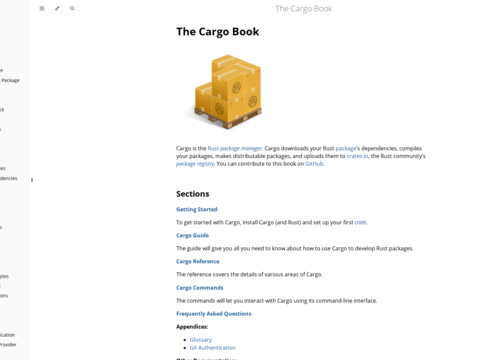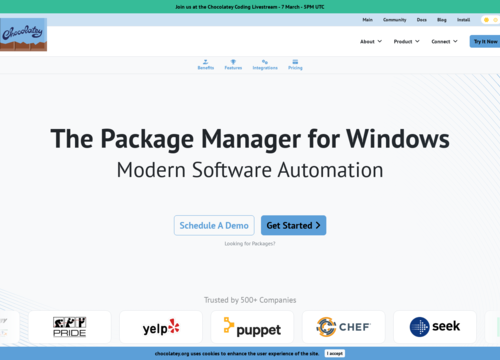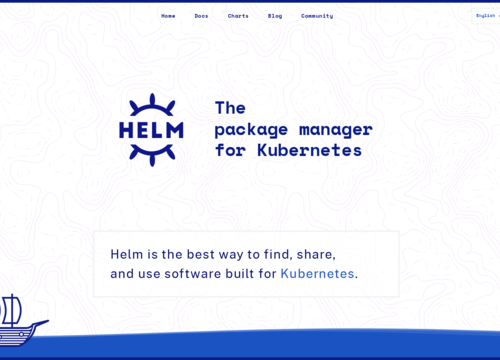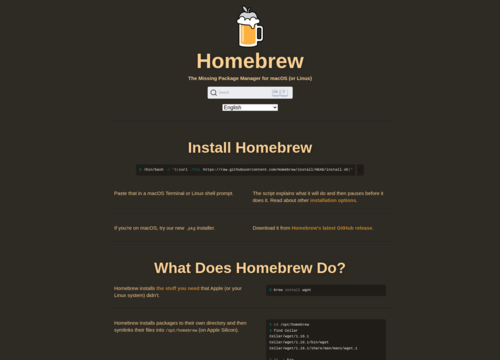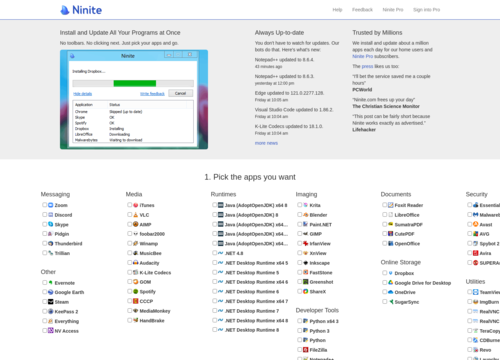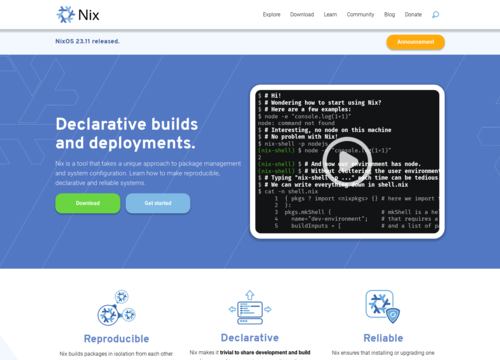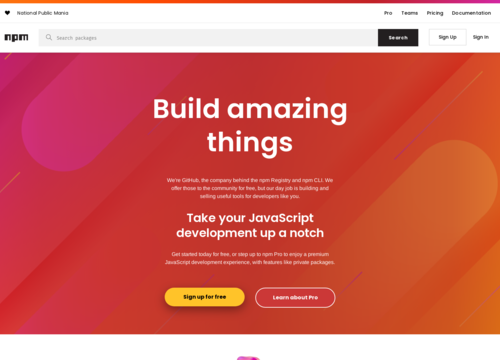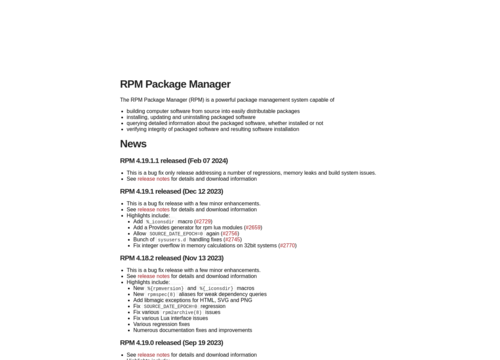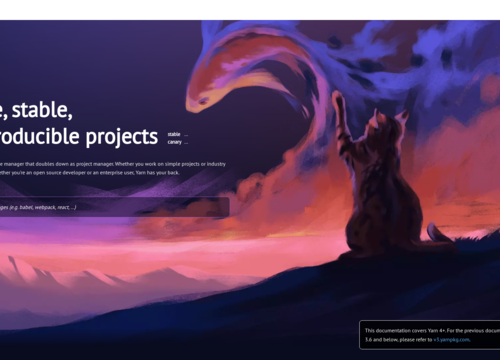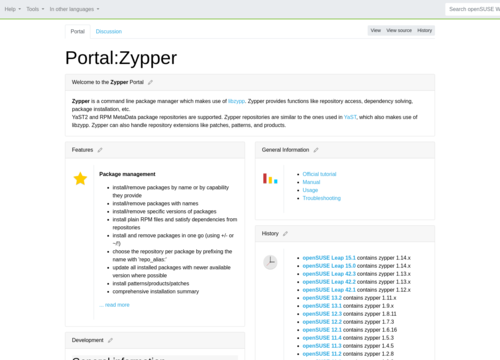NuGet
NuGet is a package manager designed for the Microsoft Development Platform, which includes .NET. Essentially, it serves as a centralized repository for developers to share and consume useful code libraries. NuGet helps to simplify the process of incorporating third-party libraries into a project, managing dependencies, and ensuring that the project has the correct versions of the libraries it requires to function properly.
The NuGet package is the core of the NuGet ecosystem. A package contains compiled code (DLLs), along with other content needed in the projects that consume these packages and a descriptive manifest file (.nuspec). This file includes metadata about the package, such as its version, description, project URL, license information, and dependencies on other NuGet packages.
Developers can create packages and publish them to the NuGet Gallery, which is the public host of NuGet packages, or to private feeds for internal use. Other developers can then add these packages to their projects using the NuGet Package Manager in Visual Studio, the Package Manager Console, or the Dotnet CLI tool. When a package is added to a project, NuGet handles downloading, unpacking, and referencing the package files in the project.
Moreover, NuGet manages package versions and dependencies. When installing a package, NuGet resolves any dependencies the package has on other packages and installs them as well. This ensures that compatible versions are used, preventing the "DLL Hell" problem that can occur when incompatible versions of libraries are used together.
Over the years, NuGet has become an essential tool in the .NET ecosystem, fostering code reuse and the sharing of best practices among developers. It supports a wide range of .NET project types, including the .NET Framework, .NET Core, and .NET Standard projects, making it a versatile tool for .NET developers.
The functionality of NuGet extends beyond simply managing packages for a single project. It supports package restoration, ensuring that all dependencies for a project are correctly installed based on the packages listed in the project file or the packages.config file. This approach is particularly useful for teams and in continuous integration/continuous deployment (CI/CD) environments, as it ensures that projects can be built from scratch without including all dependencies in source control. Instead, NuGet automatically fetches and installs the necessary packages during the build process.
Furthermore, NuGet allows for package versioning and targeting of specific versions or ranges of versions. This feature is crucial for maintaining project stability, as developers can specify exact versions of a package to avoid breaking changes in new versions. It also supports prerelease versions, allowing developers to experiment with new features of a package before they are officially released.
The NuGet ecosystem is supported by the NuGet.org website, which provides a searchable gallery of packages. Developers can explore, download, and contribute packages to this repository. The website also offers detailed information about each package, including version history, dependencies, and the project's license information. This transparency helps developers make informed decisions about which packages to use.
In addition to the public NuGet Gallery, NuGet supports the hosting of private package feeds. This approach is particularly useful for organizations that develop proprietary code that cannot be shared publicly. These private feeds can be hosted in various environments, including on-premises servers and cloud-based solutions such as Azure Artifacts. This flexibility allows teams to securely share and manage their internal dependencies.
NuGet has continued to evolve, with ongoing improvements in performance, security, and usability. Security features, such as package signing and integration with the .NET Foundation's repository signing, provide additional layers of trust and verification for packages. Additionally, NuGet integrates with .NET's tooling to offer package vulnerability scanning and suggestions for updating packages to more secure versions.
NuGet plays a pivotal role in the .NET ecosystem by streamlining the process of integrating third-party libraries into projects, managing dependencies, and facilitating code reuse. Its comprehensive toolset for managing packages, both public and private, along with its integration into the Visual Studio development environment, makes it an indispensable tool for .NET developers.





















